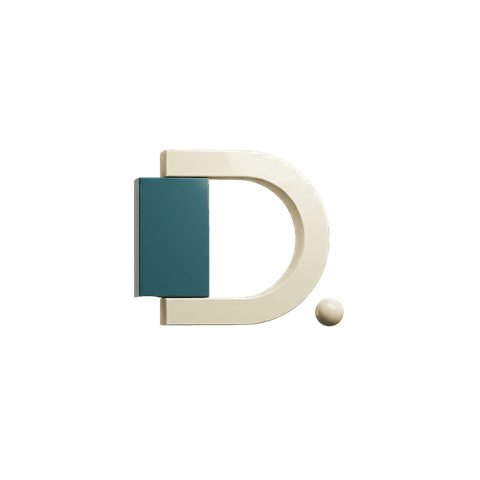Finding Your Perfect Editor: A Comprehensive Guide
Understanding the Role of an Editor
When embarking on any writing project, finding the right editor can significantly impact its success. An editor not only corrects grammatical errors but also enhances the clarity, coherence, and overall quality of your work. It's essential to comprehend the various types of editors available and what each one specializes in to make an informed decision.

Types of Editors
There are several types of editors, each serving a unique purpose. Some of the most common types include:
- Copy Editor: Focuses on grammar, spelling, punctuation, and style consistency.
- Line Editor: Concentrates on sentence structure, word choice, and overall flow.
- Content Editor: Looks at the big picture, ensuring the content is engaging, logical, and well-organized.
- Proofreader: The final set of eyes before publication, catching any remaining errors.
Identifying Your Needs
Before you start searching for an editor, it's crucial to identify what exactly you need from them. Consider the nature of your project: is it a novel, an academic paper, or a blog post? Each type of content may require a different editorial focus. Clearly defining your needs will help you find an editor whose skills align with your goals.

Setting Your Budget
Editing can be a substantial investment, so setting a realistic budget is vital. Rates can vary based on the editor's experience, the type of editing required, and the project's complexity. It's worth researching typical rates for the kind of editing you need and then determining what you can afford. Remember, a higher fee often reflects greater expertise and experience.
Finding Potential Editors
Once you have a clear understanding of your needs and budget, it's time to look for potential editors. Here are several ways to find qualified professionals:
- Recommendations: Ask fellow writers or colleagues if they can recommend someone.
- Online Platforms: Websites like Reedsy and LinkedIn are excellent places to search for editors.
- Professional Organizations: Consider directories provided by editorial associations.

Evaluating an Editor
Finding an editor is just the first step; evaluating their suitability is crucial. Request samples of their previous work or ask for a short trial edit to assess their style and proficiency. Pay attention to how they communicate and whether they understand your vision for the project. A good editor should provide constructive feedback while respecting your voice.
Building a Strong Working Relationship
A successful collaboration with an editor is built on clear communication and mutual respect. Set clear expectations from the beginning regarding deadlines, feedback processes, and revisions. Regularly check in to ensure you're both on the same page. A strong working relationship can enhance the quality of your work and make the editing process smoother and more enjoyable.

The Long-Term Benefits
Investing time in finding the right editor can pay off significantly in the long run. Not only does it improve the quality of your current work, but it also helps you develop as a writer. A skilled editor offers insights that can elevate your writing abilities, making you more adept at crafting compelling content in the future.
In conclusion, finding your perfect editor requires careful consideration of your needs, evaluating potential candidates thoroughly, and fostering a cooperative working relationship. With these strategies in mind, you'll be well on your way to enhancing your writing projects and achieving your creative goals.
